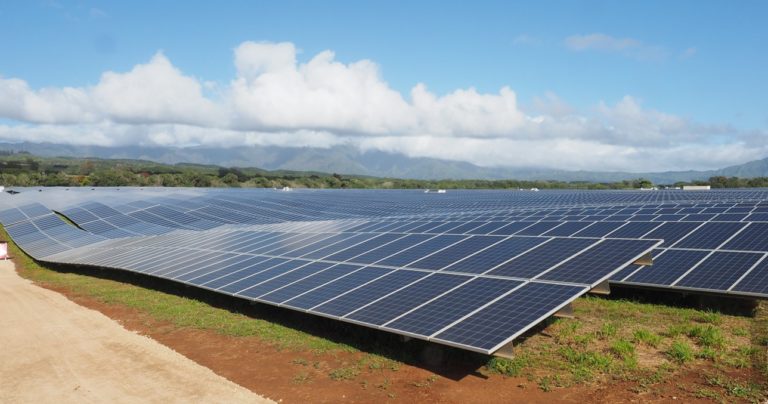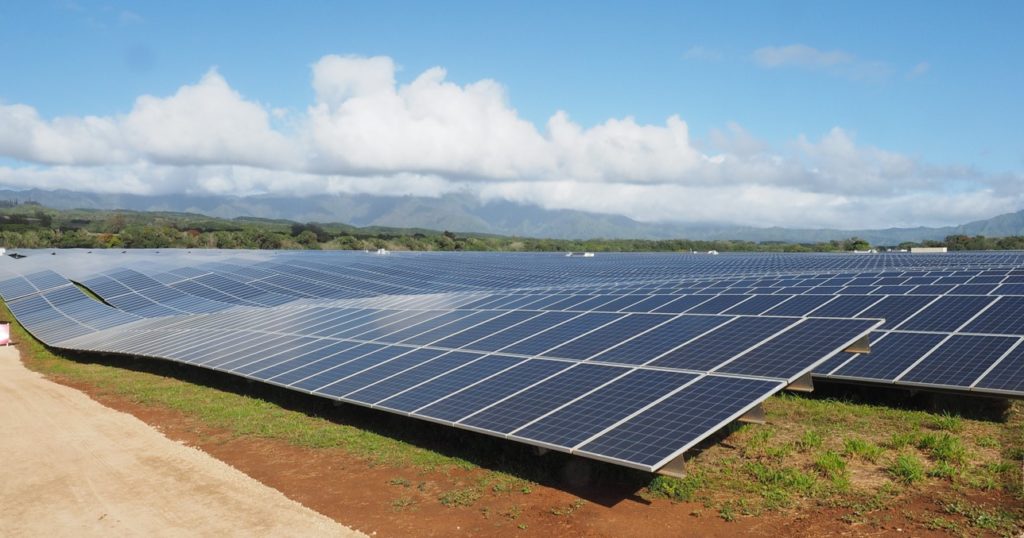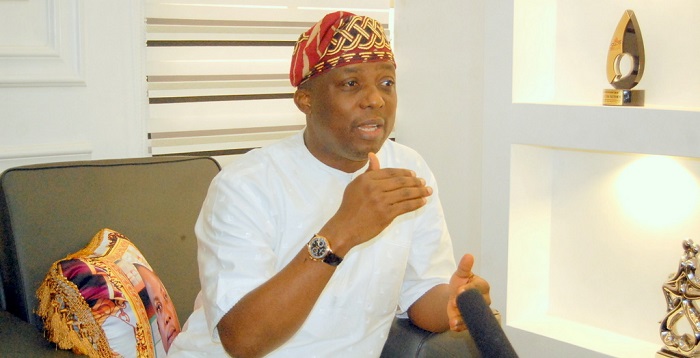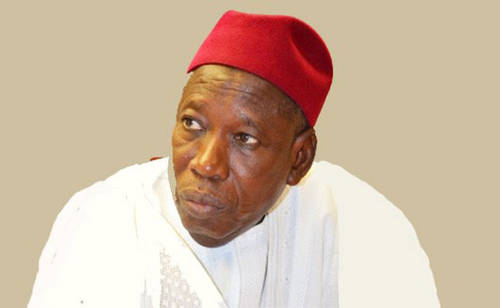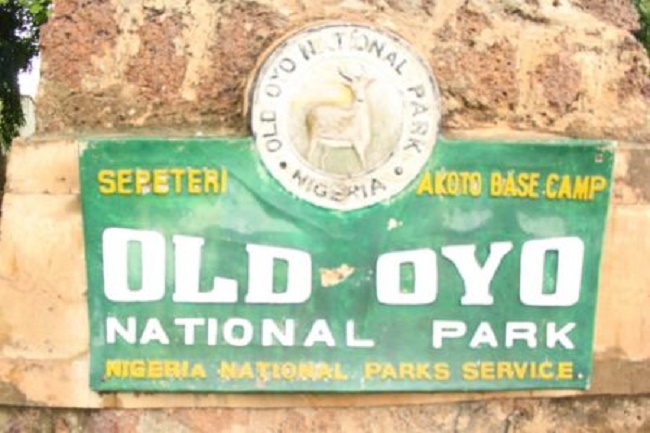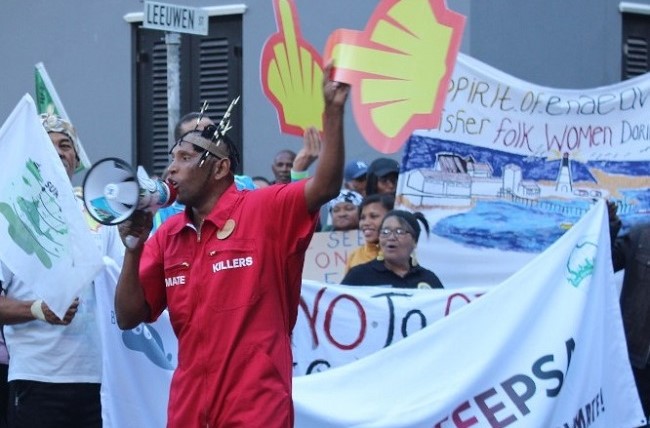While human ingenuity has gifted us with the marvels of modern technology – from the swift wings of aeroplanes, the internet and how the seamless connectivity of smart devices have simplified our lives, these achievements often pale in comparison to the inherent wonders of the natural world. Consider, for instance, the remarkable phenomenon of migration, a feat where certain species undertakes journeys spanning thousands of kilometres, an innate response to evade periodic life-threatening environmental conditions.
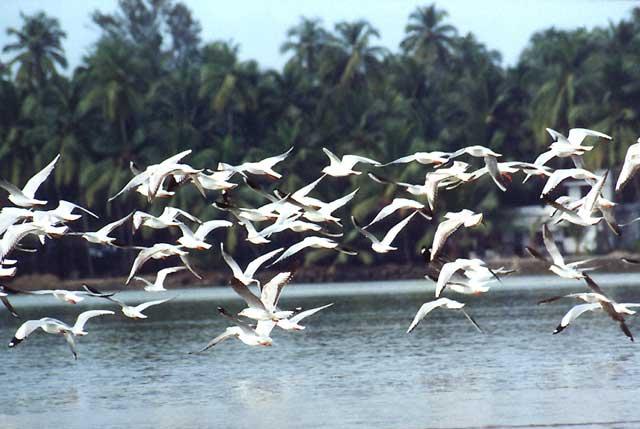
World Migratory Bird Day serves as a vital occasion to celebrate and champion these avian travellers, creatures that effortlessly bridge continents, unburdened by borders or bureaucratic visa hurdles. For example, the tiny willow warbler (Phylloscopus trochilus), a mere 12-15 grams in adulthood, embarks on an astounding annual journey of up to 12,000 kilometers from its European breeding grounds to its wintering sites in sub-Saharan Africa.
Similarly, the majestic Osprey, a migratory bird of prey weighing up to 2.1kg, sees populations breeding across Europe undertake their own seasonal journeys to sub-Saharan Africa, including Nigeria.
This incredible ability to migrate, shared by numerous species, is not a learned behaviour, and decades of research have firmly established its genetic basis. Yet, our admiration for these species extends beyond their navigational skills.
As inhabitants of this planet, we often remain oblivious to the intricate workings of the ecosystems that sustain our very existence and livelihoods. Ironically, our advancements and activities are significantly altering the delicate balance of nature. While our perception of environmental health often hinges on the stability of weather patterns, our responses to ecological shifts tend to be reactive, evidence increasingly reveals that nature operates on a timescale often ahead of human comprehension and ability. Wildlife researchers have highlighted the fundamental dependence of our survival on the functional interactions within natural wildlife communities.
Migratory birds, in particular, provide a wealth of invaluable ecosystem services, ranging from seed dispersal and pest control to aesthetic and cultural enrichment. They play crucial roles in pollination and even serve as sensitive indicators of environmental changes. Ornithologists are diligently working to fully understand and quantify the economic and ecological value of these contributions. Tragically, these species and the vital services they provide face escalating threats in the face of changing weather patterns and environmental degradation.
The 2025 World Migratory Bird Day theme, “Shared Spaces: Creating Bird-Friendly Cities and Communities,” is a direct response to the observations gathered from continuous monitoring of these birds and their habitats worldwide. Ornithologists across the globe, including the Nigerian Conservation Foundation, conduct annual surveys, and urbanisation has emerged as a significant threat to the habitats that support these migratory species, contributing to their declines.
The relentless pursuit of real estate development is transforming our natural landscapes into concrete jungles, often devoid of the green spaces essential for these birds and the ecological functions they perform. The clearing of natural habitats to make way for high-rise buildings, artificial lighting, and associated urban infrastructure leads to the complete destruction of the ecosystems that migratory birds need to thrive.
However, the imperative of urbanization should not exclude the accommodation of nature. We readily observe the beneficial impact of a single tree within a compound – regulating immediate temperatures, providing refuge for insects and birds, and offering shade and food. The Hamad International Airport in Qatar offers a compelling example of innovative integration. In 2022, its expansion included a breathtaking 6,000 sq.m indoor tropical garden, a space that awes and soothes visitors while support ecological functionality.
While advocating for similar features within Nigeria’s international airports would be a welcome initiative, the broader aim of this article is to champion the incorporation of green spaces within our homes, expanding luxury and country estates, and industrial complexes.
We stand to gain immeasurably by intentionally incorporating structures that support the natural biological processes that enrich our lives, protect us against the impacts of climate change, provide crucial shade, and sustain the ecosystem that hosts resident and migratory birds. In fact, by cultivating bird-friendly environments, we might one day find ourselves hosting avian visitors from distant European lands right in our own backyards.
This concept of incorporating nature into our spaces is not foreign to us; a deeper look into our cultural heritage reveals the long-standing indigenous practice of setting aside dedicated areas for trees, shrubs, and fallow land, a wisdom we would do well to reactivate.
As we commemorate this World Migratory Bird Day in 2025, let us recognise our pivotal role as stewards of a sustainable environment. Just as we have achieved remarkable advancements in technology, we possess the same capacity for innovation and dedication in our pursuit of ecological sustainability in our modern spaces.
Happy World Migratory Bird Day!
By Dr. Stella Egbe, Senior Conservation Manager, Species Programmes, Nigerian Conservation Foundation (NCF)

